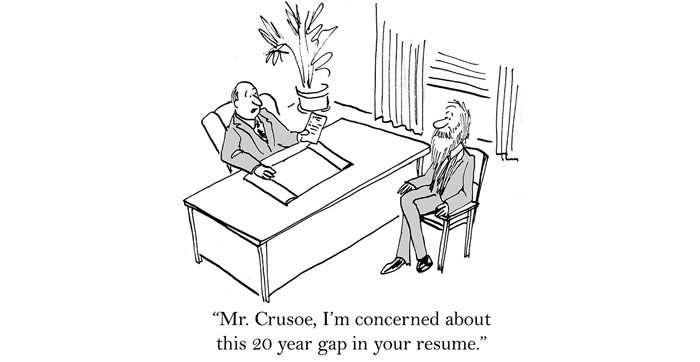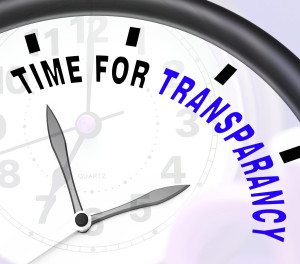
The crisis of long-term unemployment has faded from the headlines, but it remains one of the most important — and worrisome — issues in the U.S.’s long, slow emergence from the Great Recession.
Business Development and a Culture of Candor
Family Businesses employee 62% of the US workforce; according to American Management Services, Inc. Family business face many challenges, the employment, treatment of Family members and in many cases the employment, retention, treatment of non-family members. The combinations of these two groups are a unique challenge to Family Businesses.
Family businesses need to consider training and development for these two groups of employees. Training is specific, shorter term and can be measured in performance evaluations, testing or certifications. Development is a longer term investment. Development helps staff understand, concepts, context and can expand the organizations capacity, capability. Development advances the maturity of a Family Business. Development increases the availability of qualified people.
Family business leaders invested in development understand that it starts at the top. And to be successful, business leaders must create a Culture Of Candor in order to fully develop their business. Owners, key leaders, learn that they are unfinished. As the economy continues to improve hiring staff will become increasingly challenging for family businesses.
Recently, a number of sources report job growth and a decline in unemployment. Ben Casselman of Five Thirty Eight wrote in interesting piece on unemployment benefits.

Only about 10 percent of the long-term unemployed find jobs each month, a metric known as the job-finding rate. The long-term unemployed have hardly experienced a recovery at all.
The crisis of long-term unemployment has faded from the headlines, but it remains one of the most important — and worrisome — issues in the U.S.’s long, slow emergence from the Great Recession. It’s particularly relevant now because in January, some 1.3 million Americans saw their jobless benefits disappear overnight when Congress allowed the Emergency Unemployment Compensation program to expire. The Senate recently voted to renew the program, which extended benefits beyond the six months offered in most states, but the House doesn’t appear likely to follow suit.
Cutting Off Emergency Unemployment Benefits Hasn’t Pushed People Back to Work
— Ben Casselman
The decision to let unemployment benefits expire rested on two core arguments: that the economy is improving, so the extra benefits were no longer necessary, and that the program was doing more harm than good by discouraging recipients from working.
The evidence doesn’t support either of those arguments. The economy has indeed improved, but not for the long-term unemployed, whose odds of finding a job are barely higher today than when the recession ended nearly five years ago. And the end of extended benefits hasn’qt spurred the unemployed back to work; if anything, it has pushed them out of the labor force altogether.
Culture of Candor
 Family business senior leaders and owners, who are serious, work on their development. This can be challenging. Leaders, owners need to commit time, candor and transparency. Transparency in family businesses by the owners, leaders equals trust. Trust in a the workplace, in life, involves one person relying on another, involves one person taking direction from another and often not knowing how that direction impacts the outcome.
Family business senior leaders and owners, who are serious, work on their development. This can be challenging. Leaders, owners need to commit time, candor and transparency. Transparency in family businesses by the owners, leaders equals trust. Trust in a the workplace, in life, involves one person relying on another, involves one person taking direction from another and often not knowing how that direction impacts the outcome.
Family businesses might want to create an environment of transparency. Transparency requires the flow of information. Providing information requires training and development. As the economy improves hiring staff will become more difficult. Having a plan to train and develop your team is a key to building a culture of candor.

Leave a Reply